Irregular verb "ÊTRE" & "Avoir" (helping verbs is/am/are & has/have)
- Books Name
- Education Vision French Book
- Publication
- PathSet Publications
- Course
- CBSE Class 6
- Subject
- French
Introduction to Irregular verb "AVOIR" (helping verbs HAS/HAVE)

The French verbs avoir ("to have") and être ("to be") are the most used and, thus, most important verbs in the French language. They are used in some of the ways that we do in English as well as in many idiomatic expressions. Conjugations for these two verbs are irregular. In the table below, you'll see the present tense conjugated for both the verbs:
The verb “Avoir” we use for age, for example – when asking the question, “How old are you?” we literally ask, “What age do you have?” and answer is “I have _________ years” rather that “I am _______ years old”.
The conjugation of verb Avoir:
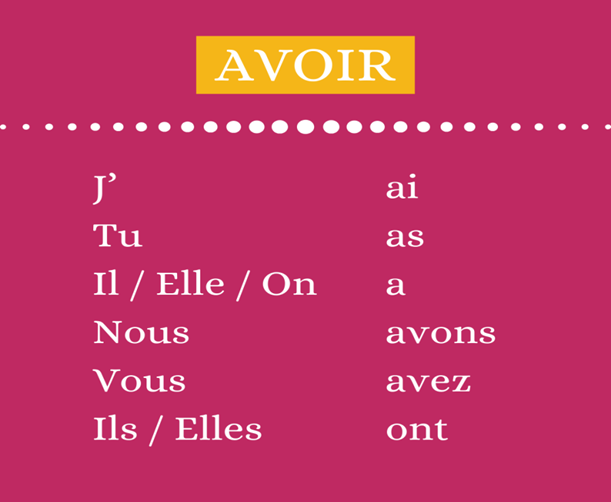
Use of "ÊTRE" and "Avoir" verb with subject pronouns
- Books Name
- Education Vision French Book
- Publication
- PathSet Publications
- Course
- CBSE Class 6
- Subject
- French
Use of "AVoir" verb with subject pronouns
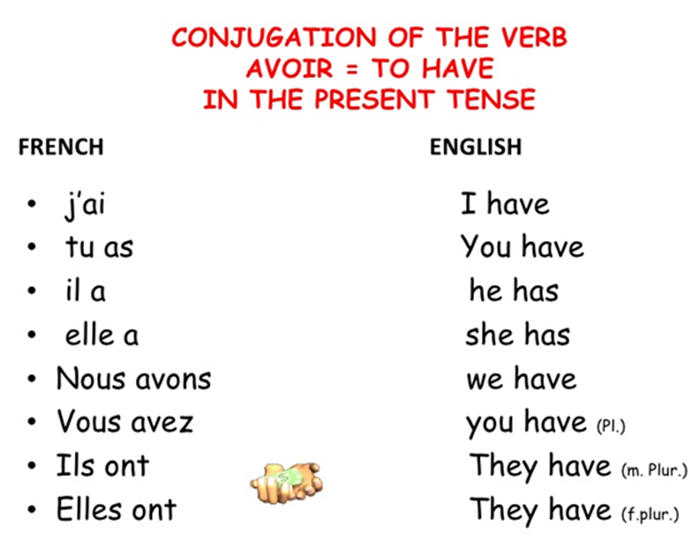
Sentence formation with verb avoir
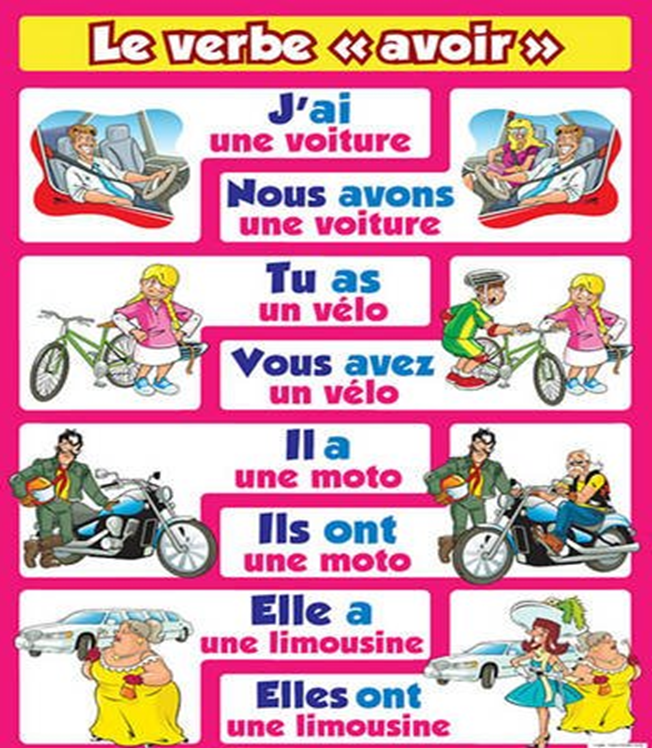
Introduction to Irregular verb "ÊTRE" (helping verbs is/am/are)
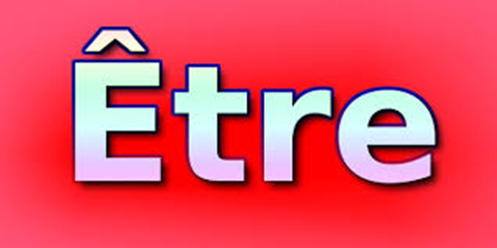
• Être, which means "to be" in most instances, is used in idiomatic expressions, as an auxiliary verb for some verbs in the compound tenses, and for the passive voice. Note that even though être is the French equivalent of "to be,"
• It is used with adjectives, nouns, and adverbs to describe a temporary or permanent state of being, such as: Il est beau ("He is handsome").
• Être is also used to describe someone's profession, as in: Mon père est avocat ("My father is a lawyer").
• And être can be used with the preposition à plus a stressed pronoun to indicate possession, like this: Ce livre est à moi ("This is my book").
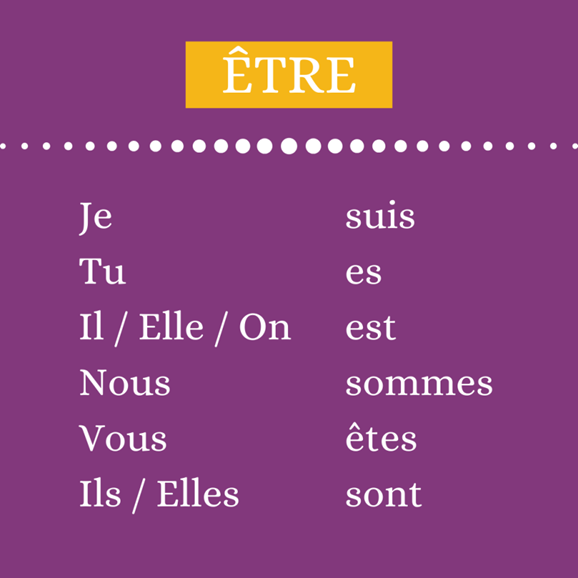
Use of "Être" verb with subject pronouns
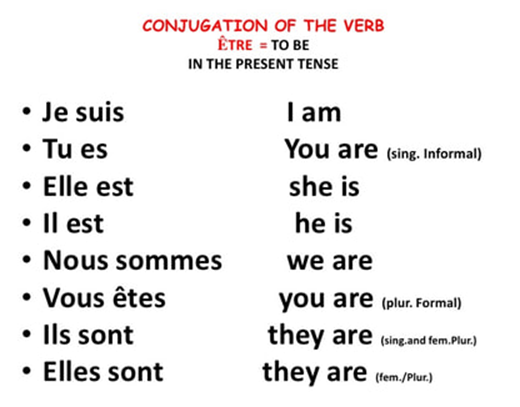
Sentence formation based on helping verbs
- Books Name
- Education Vision French Book
- Publication
- PathSet Publications
- Course
- CBSE Class 6
- Subject
- French
Sentence formation
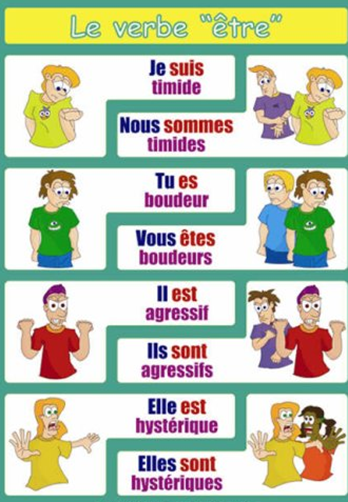

 PathSet Publications
PathSet Publications
